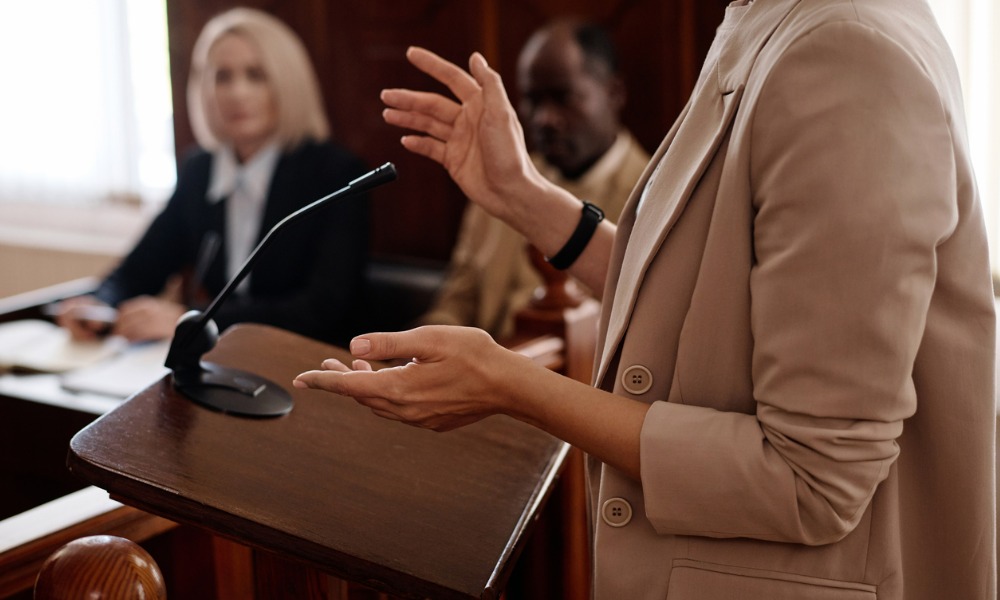
The court's rules limit the number of experts on one subject unless the court grants leave

The Saskatchewan Court of King’s Bench has granted the plaintiff's application to call multiple expert witnesses in a medical negligence case.
The court found the expert testimonies were necessary and complementary, with no undue prejudice to the defendants. The professional negligence claim arose from the death of Christopher Olenic days after elective surgery.
The plaintiff, Nasha Olenic, applied for leave to call Dr. Rita Selby, a hematologist, whose report was not served within the 60-day requirement before the pre-trial conference as stipulated by The King’s Bench Rules. Additionally, the plaintiff sought leave to call four experts to provide evidence on causation. The court examined whether the expert evidence was necessary, whether there was a satisfactory explanation for the delay, and whether there would be any prejudice to the defendants.
The court granted the plaintiff's application to call Dr. Selby despite the late submission of her report, deeming the expert evidence necessary and relevant. The plaintiff provided a satisfactory explanation for the delay, and the court found that the defendants would not be prejudiced, as they had the report well before the trial date. The inclusion of this expert evidence is expected to assist the court in adjudicating the case on its merits.
Christopher Olenic died on August 25, 2016, days after undergoing elective laparoscopic sleeve gastrectomy. His spouse, Nasha Olenic, filed the claim alleging negligence by Dr. Matthew Butler and Dr. Jonathon Tuchscherer. The plaintiff claimed the surgery proceeded despite Olenic’s elevated international normalized ratio (INR), without consulting a hematologist, and without obtaining informed consent. The defendants denied these allegations and argued that the treatment did not cause Olenic’s death.
The Court of King’s Bench reviewed the plaintiff's request to call Dr. Selby and four experts to testify on causation under Rule 9-18(1) of The King’s Bench Rules, which limits the number of experts on one subject unless the court grants leave. The court concluded that the experts' testimonies were complementary and not duplicative, and their combined insights would likely assist in resolving the complex medical causation issues.
The defendants raised concerns about the potential duplication and relevance of the expert evidence. However, the court found the testimonies would not unfairly prejudice the defendants, and any potential overlap could be addressed through cost awards.